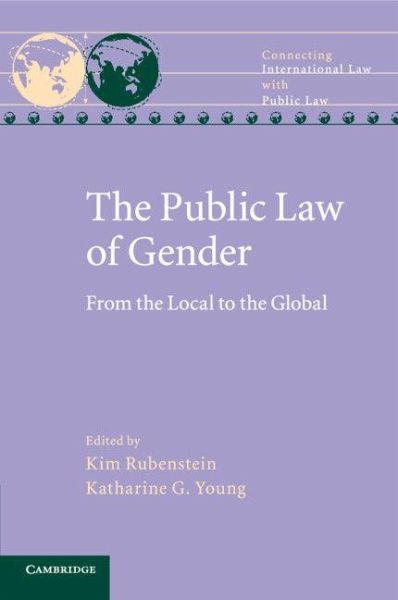
The Public Law of Gender
Versandkostenfrei!
Versandfertig in 1-2 Wochen
62,99 €
inkl. MwSt.

PAYBACK Punkte
31 °P sammeln!
Examines the public law of gender and equality from the perspectives of comparative constitutional law, international law and governance.




